20 items, Page 2 of 2
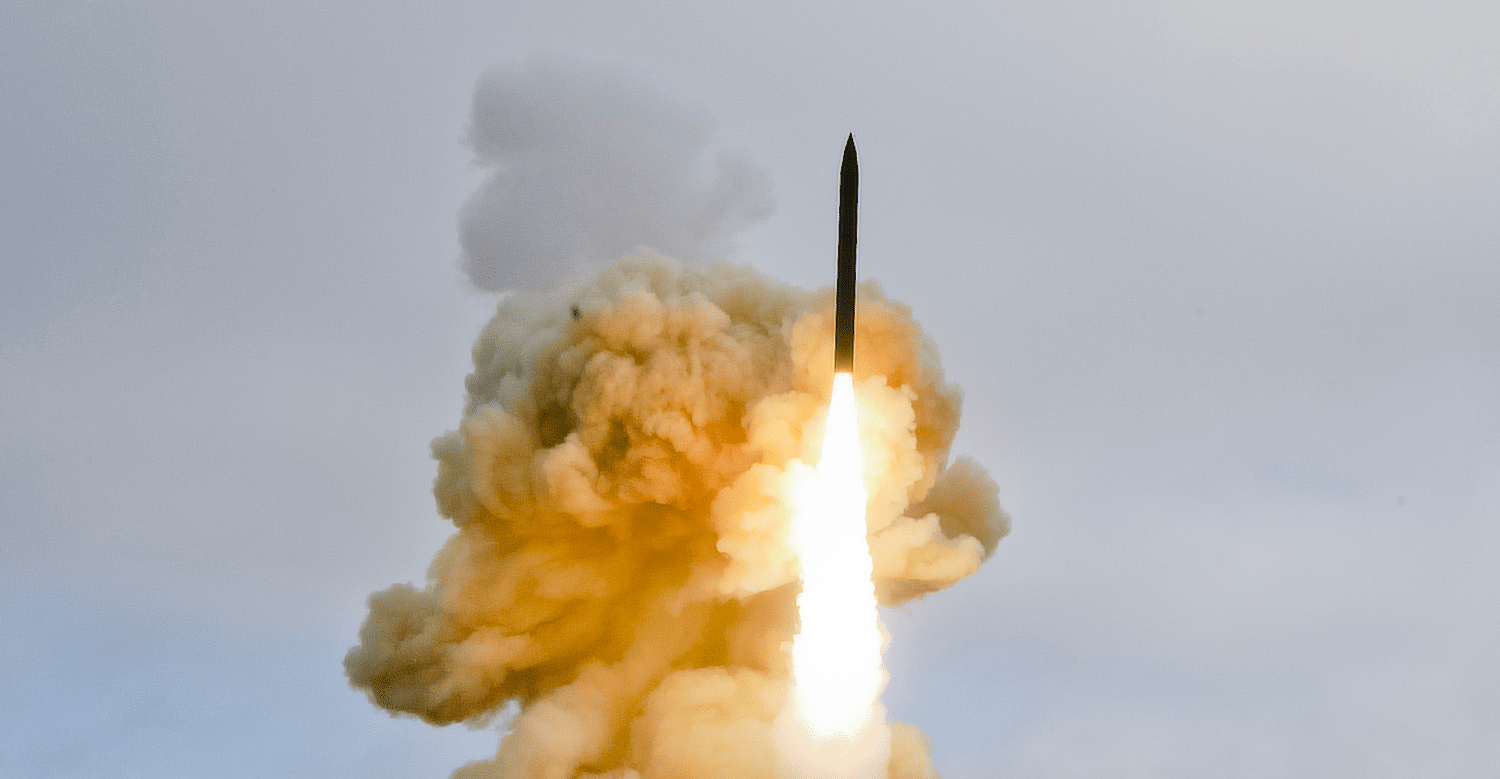
June 7, 2017
After a successful Ground-based Midcourse Defense (GMD) system intercept on May 30, the Pentagon has reportedly upgraded its assessment of the United States’ ability to defend the United States against ICBMs, according to a June 6 memo. Prior DOD assessments had characterized GMD as providing a “limited” defense capability, but the Pentagon now assesses that it...
June 5, 2017
The United States‘ Missile Defense Agency is accelerating the development of an interceptor designed to counter several incoming warheads or decoys simultaneously. The most recent Department of Defense budget request seeks $259 million for the Multi-Object Kill Vehicle (MOKV) program for technology risk reduction and product development and speeds up its projected completion by five...
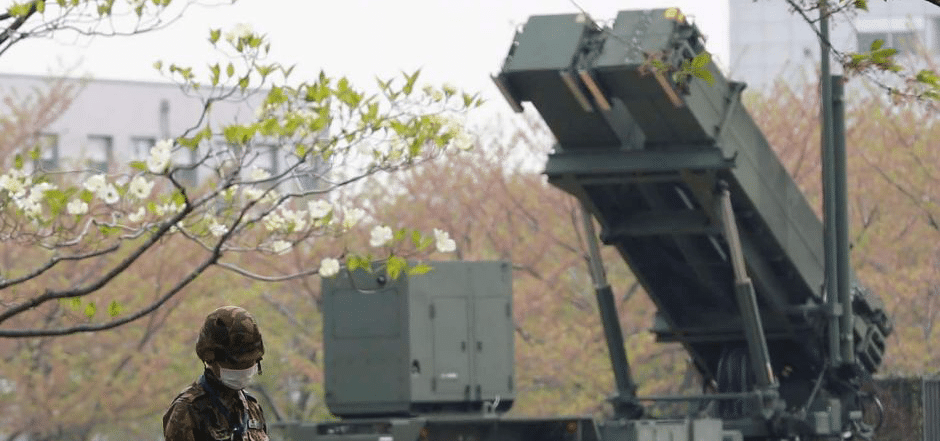
May 31, 2017
Missile threats facing both the United States and its allies in the Asia-Pacific are increasing in complexity, number, and source. In response, the Trump administration is using missile defenses to boost military capability and signal resolve, as indicated by the deployment of THAAD to South Korea...

May 30, 2017
This is a good day for homeland missile defense, and a bad day for Kim Jong-un. Hit-to-kill missile defense has once again been validated, this time against a complex and challenging ICBM-class threat. The Missile Defense Agency has been on a long road to improving the reliability and capability of the Ground-based Midcourse Defense (GMD) program...

May 22, 2017
A group of U.S. Senators recently introduced a new bill that aims to improve the capability and capacity of U.S. homeland missile defenses. The Advancing America’s Missile Defense Act of 2017 would authorize the emplacement of an additional 28 Ground-based interceptors (GBIs) at Ft. Greely, Alaska, and accelerate the development of several new interceptor systems,...
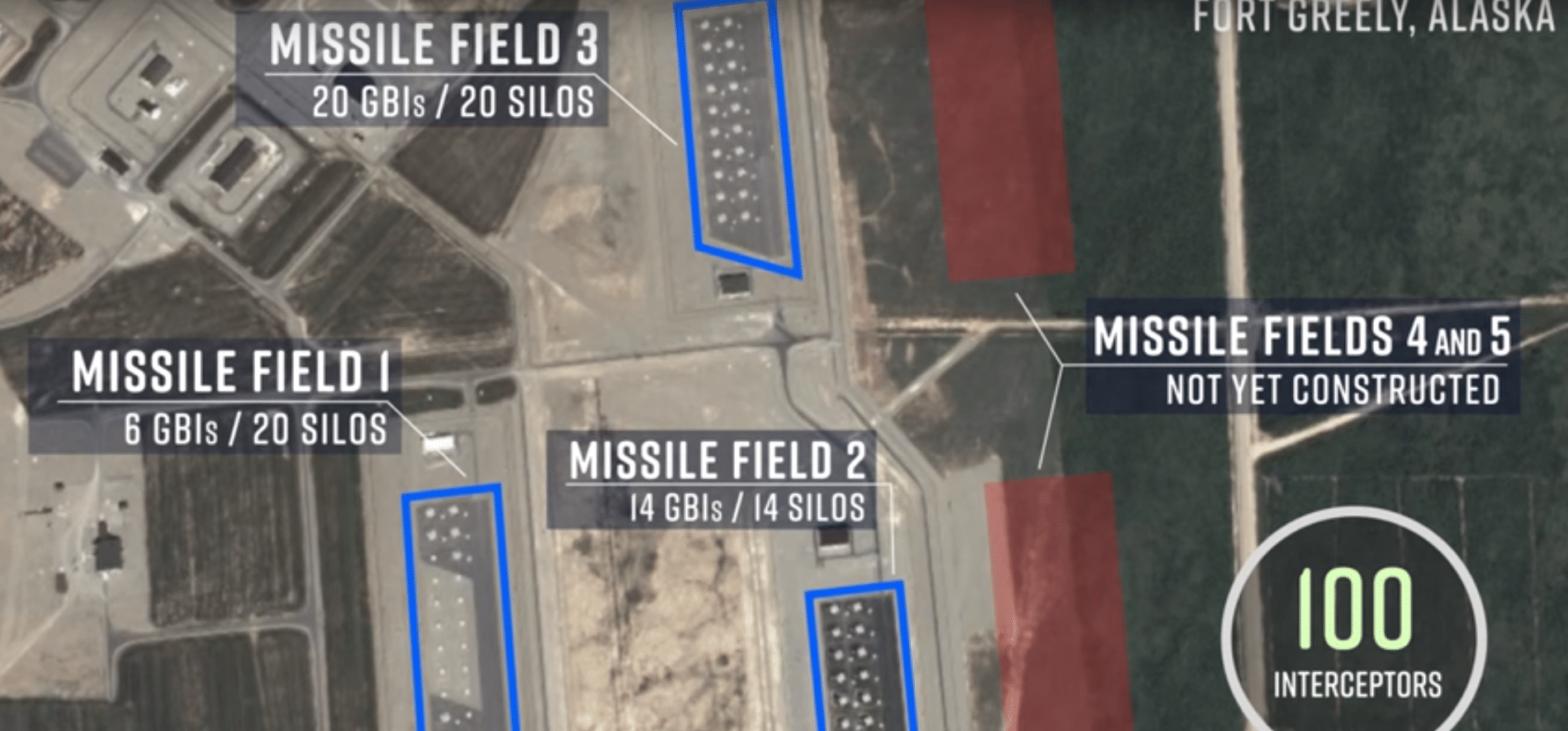
April 7, 2017
Protecting the homeland is regularly identified as the top priority of U.S. missile defense efforts. This mission is dependent upon a global network of sensors and interceptors, including the Ground-based Midcourse Defense system, or GMD. The formal prioritization of homeland missile defense, however, has not always been reflected in the budget. Watch the Video: Today’s...
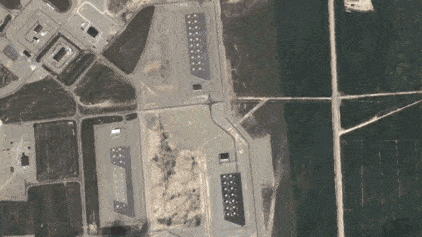
April 5, 2017
Should North Korea fire a long-range ballistic missile in anger, America’s only line of defense is an integrated system of interceptors and sensors known as the Ground-based Midcourse Defense system (GMD). The program currently provides a thin layer of defense against small-scale attacks of relatively unsophisticated missiles. This level of protection, however, will be strained...
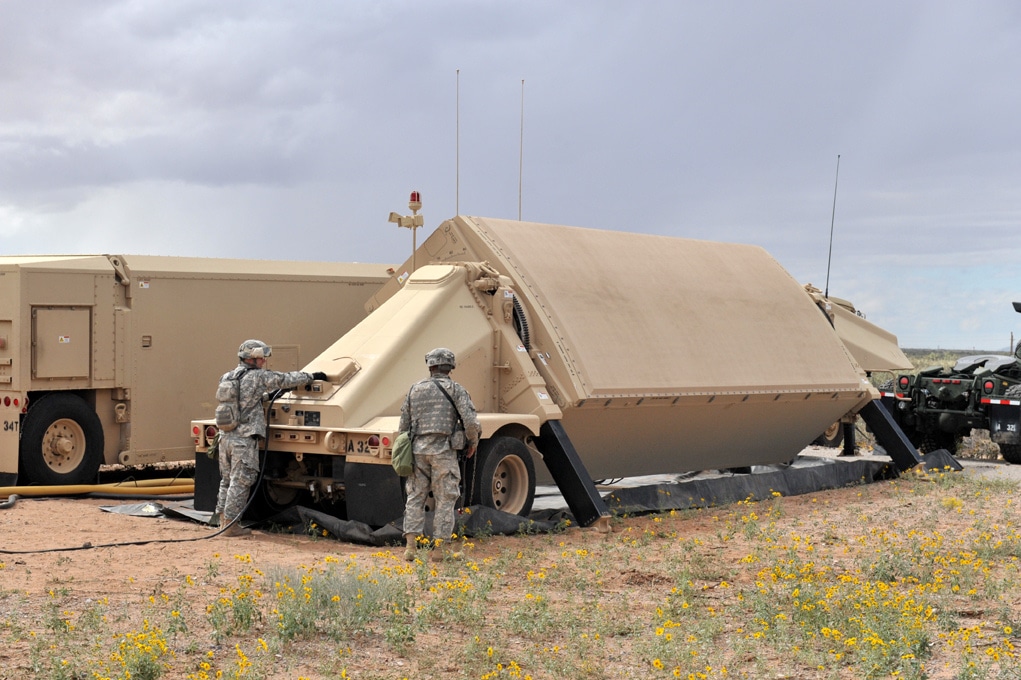
April 5, 2017
Gaps in coverage leave interceptors less-equipped to defeat the threats of tomorrow. No missile defense is better than the sensors that tell the interceptors where to go and what to kill. The Ground-based Midcourse Defense system, or GMD, draws upon considerably more sensors for homeland defense than when operations began in 2004, but shortfalls remain....
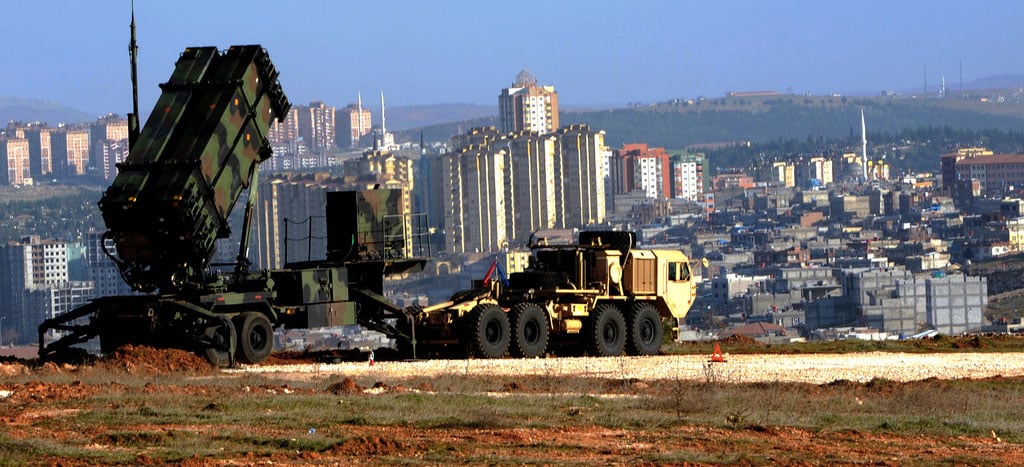
March 7, 2017
The defense authorization act signed into law in December 2016 contained an important provision mandating a review of missile defeat policy, strategy, and capability, to be completed and submitted to Congress in January 2018. This Missile Defeat Review (MDR) appears likely to serve as a successor to both the Department of Defense’s 2010 Ballistic Missile...
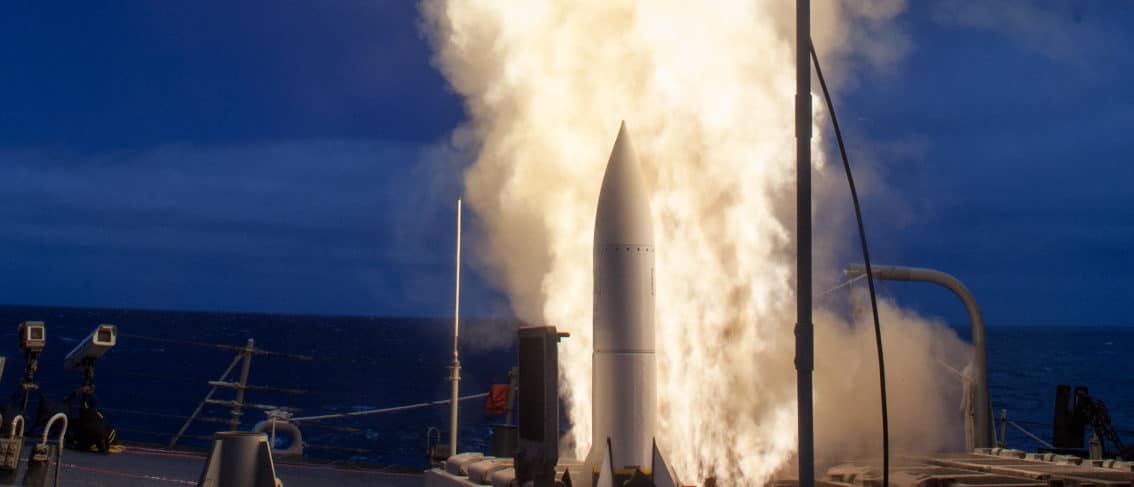
July 29, 2014
Several recent tests suggest progress for both ballistic and cruise missile defenses. On June 22, a Ground-based Interceptor (GBI) successfully destroyed a long-range target high above the Pacific. As the only system for homeland missile defense, the GBI test represents a welcome departure from three past intercept failures in 2010 and 2013, which involved both...







